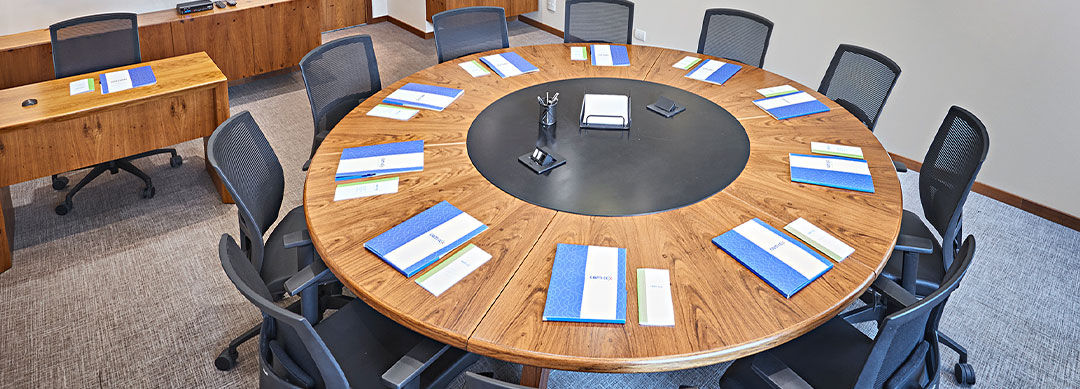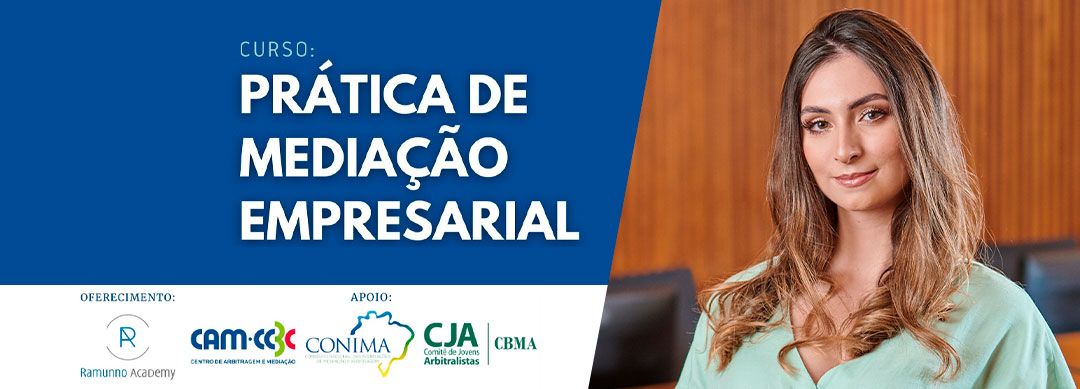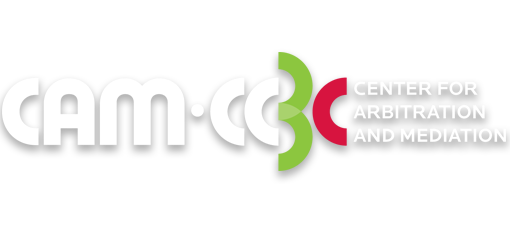Groups organized by CAM-CCBC promote the procedure with private sector companies and government
by Sérgio Siscaro
Mediation produces proven results in resolving disputes in different types of relationship, be they commercial, contractual or personal, with public entities and private ones. Recognized under specific legislation in 2015, it offers major advantages over going to court – such as flexibility, speed and consensus between the parties. Even so, it is still the least well-known method in Brazil. However, things have begun to change, thanks to the efforts of two task forces created by the CAM-CCBC Advisory Council on Mediation. The objective of one of them is to tell the business community about mediation, and the other is aimed at introducing it to the public administration.
According to lawyer Vera Barros, coordinator of the Task Force for the Promotion of Mediation and partner in the firm of Selma Lemes Advogados, the idea arose at a Council meeting three years ago. “From the very beginning we saw a need to form task forces to help develop mediation. So, we set up the two groups and started to invite people to join them”, she says. The Advisory Council, for its part, was created in 2017, to help the CAM-CCBC management by suggesting measures and policies to strengthen the institution and improve the quality of the services provided in the management of mediation processes.
Informative events
The activities of the task forces have provided a great deal of visibility for mediation. Last year events were held in São Paulo (April) and in Brasília (August), to explain the advantages of using the procedure to people who can benefit from this manner of resolving disputes. The first was an initiative of the Task Force for the Promotion of Mediation: “Our focus was always to talk to people who did not use mediation, were not aware of it, or simply did not trust it. It was a success; we brought in a lot of people who had never considered using the mechanism – and who now regard it as a valid way of resolving conflicts”, says Barros.
The next event, held in Brasília at the same time as the convention of the Brazilian Arbitration Committee (CBAr), was arranged by the Task Force for Mediation and Public Administration. The event was attended by representatives of the Federal Attorney-General’s Office (AGU), the Federal Court of Auditors (TCU) and the Federal Public Prosecutor’s Office (MPF), as well as other government bodies.
Taking advantage of the opening of the CAM-CCBC unit in Rio de Janeiro, the Task Forces are now preparing a similar event in the city to be held by the two of them jointly, aimed at both the business community and the public administration. “It will be a way of pursuing our mission to promote mediation and will also emphasize the role of CAM-CCBC as administrator of the mechanism – and to show that using the Chamber makes the proceedings more secure”, says Barros.
Cultural change
According to Barros, mediation is only taking root gradually in Brazil. “What we have here is a deeply-rooted culture of litigation – and it is always difficult to change people’s habits. But little by little things are changing: there are now a number of law firms with their own mediation teams, and the participation of these professionals in task force events shows their interest. Our challenge is to convince people that mediation is a procedure that really works – and with advantages – in resolving disputes, whether in the corporate sector or the public administration”, she says.
In respect of government, Barros stresses that there are special features that make it more difficult to use mediation: “The public administration is more wary of using this type of mechanism. Because they deal with public funds, their decisions may be questioned later.”
This is why the focus of the Task Force for Mediation and Public Administration is somewhat different: as well as showing the advantages of the mechanism, it seeks to maintain contact with various public bodies and exchange information – after all, many of them already have their own ways of dealing with conflicts. “Because of this we are organizing a series of visits to bodies such as the AGU, the TCU and the MPF. And it is a way for us to find out more about what they are doing, and to have a clearer idea of their specific needs”, she concludes.





